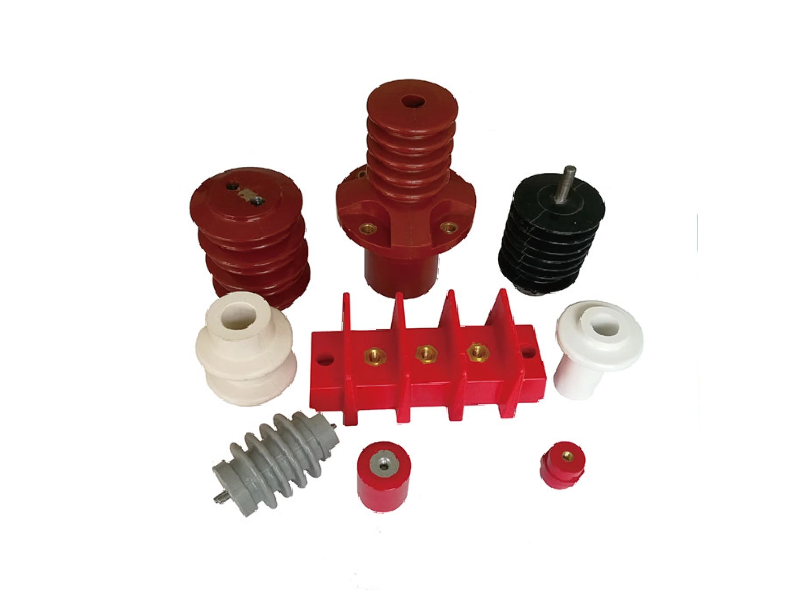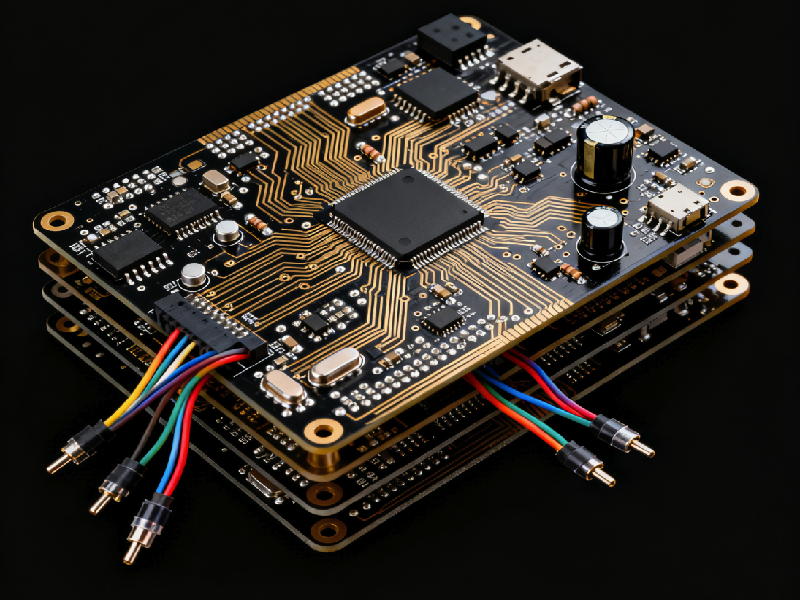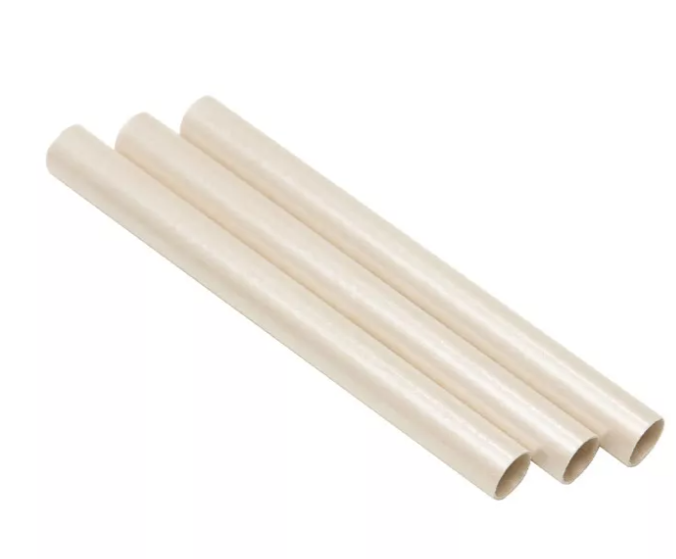

Products Introduce
Our SMC/DMC Molding Parts are engineered to meet the stringent demands of modern applications. These molding parts are widely used in industries such as automotive, electrical and electronics, telecommunications, aerospace, and more. They are suitable for applications that require lightweight, durable, and reliable components with excellent resistance to heat, chemicals, and environmental factors.
Product Advantages
Engineered for precision, built for lasting performance.
High Mechanical Properties
With exceptional flexural strength, impact strength, and stiffness, these materials can withstand constant vibrations, mechanical stress, and impact, ensuring long-term durability in railway environments.
Customized Solutions
We offer tailored solutions to fit specific industry needs, providing customization options to meet unique project requirements.
Precision Molding
Our state-of-the-art molding processes guarantee precision and consistency, crucial for complex and intricate part designs.

Application
Application1
Application2
Application3
Company Advantage
Partner with us for reliable quality, flexible delivery, and professional service — your trusted solution from design to delivery.
Custom processing
We are equipped with advanced equipment such as high precision machines, CNC machines, water beds, etc., which enables us to tailor processing according to the sizes and drawings provided by customers.
Excellent Product Quality
We have experienced engineers and skilled workers, ensuring every product meets the highest standards of quality and precision.
Rich Shipping Channels
We have cooperated with sea freight forwarders, air freight forwarders and railway freight forwarders for many years.
Excellent After-sales Service
If there is any problem with the product, we will try our best to solve it for you, and the solutions include discounts, replacements, refunds, etc.

Contact Us
For inquiries about our SMC/DMC Molding Parts or to discuss your specific needs, please contact our customer service team.
FAQs
Related Blogs
The Impact of Mica Sheet Thickness on Application Performance
Mica sheets play a critical role in various industries, from electronics to aerospace. But did you know their thickness can significantly impact performance? Understanding the right thickness for specific applications is key to optimizing their effectiveness. In this article, we’ll explore how mica sheet thickness affects electrical insulation, thermal resistance, and mechanical protection across different industries.
Read MoreThe Broad Temperature Range of Mica
Mica is a remarkable mineral valued across various industries due to its unique properties. Did you know that mica can withstand both extreme heat and freezing cold? This versatility makes it essential in countless applications. In this post, we’ll dive into mica’s broad temperature range, highlighting how it thrives in both high and low-temperature environments. You’ll discover how its exceptional qualities, like heat resistance and electrical insulation, make it an ideal material for critical industrial uses, from electronics to aerospace.
Read MoreHow To Choose The Right Mica Tube Sizes for Your Projects
Mica tubes are essential for electrical insulation, offering high dielectric strength and heat resistance. But did you know that choosing the wrong size can affect your project's performance? In this article, we’ll guide you through the process of choosing the right mica tube size for your needs. We’ll cover how to measure the component accurately, consider temperature and voltage requirements, and select the appropriate material type. We’ll also discuss the importance of thickness, as well as environmental factors like moisture and chemical exposure. By the end of this guide, you’ll be equipped with the knowledge to make informed decisions and ensure the optimal performance of your electrical systems.
Read MoreWhat Is The Difference between Pyrite And Mica
Pyrite and mica are two minerals often found in the Earth's crust, but they are vastly different. While pyrite is often mistaken for gold, mica is known for its unique ability to split into thin, flexible sheets. Understanding the differences between these minerals is crucial for various industries, including electronics and mining. In this post, we’ll explore their composition, appearance, and uses, shedding light on why recognizing their distinctions matters in both practical and historical contexts. You’ll also learn how to identify them in nature.
Read MoreGet Touch With Us

Contact Info
If you have any questions or requirements regarding solutions, please feel free to contact our customer service team.
=86-18600990778
info@rdscomposite.com














